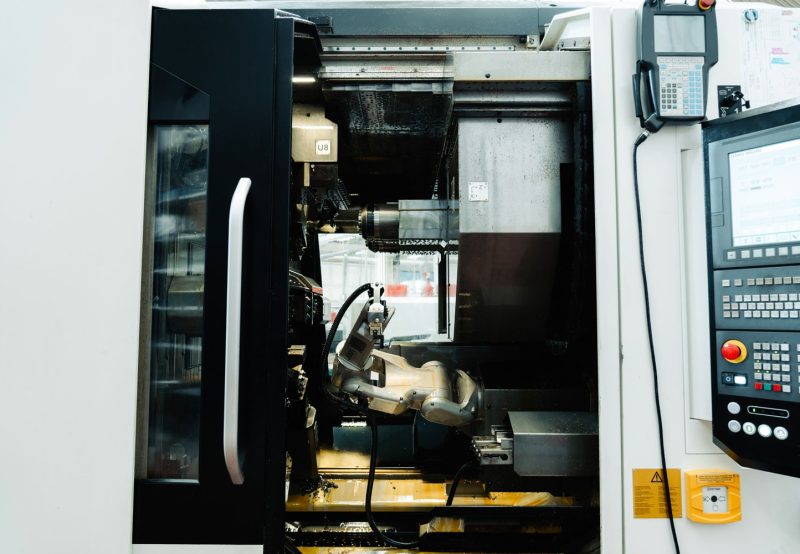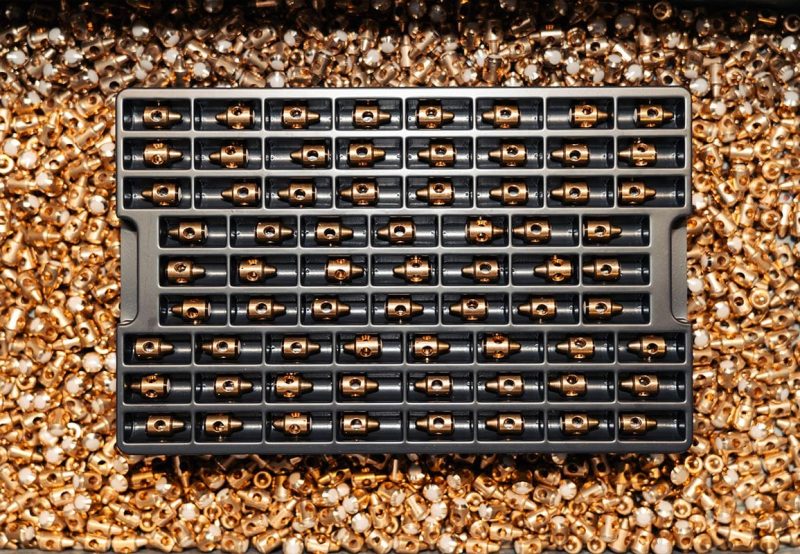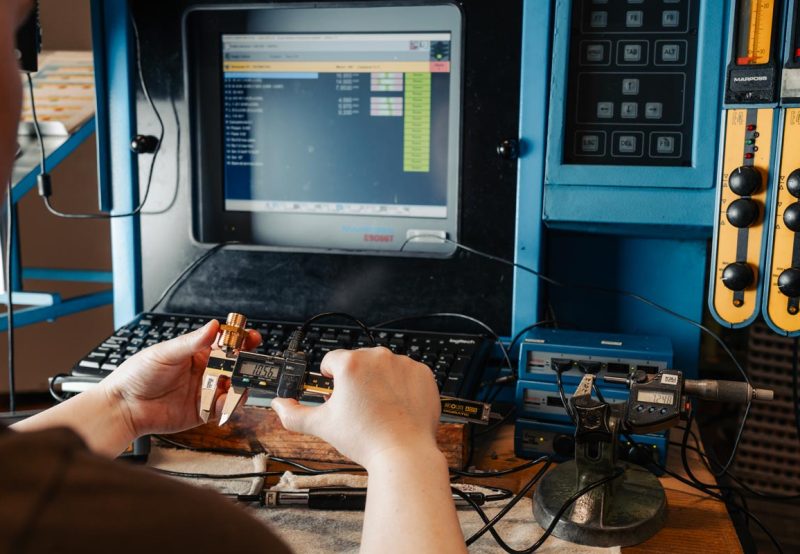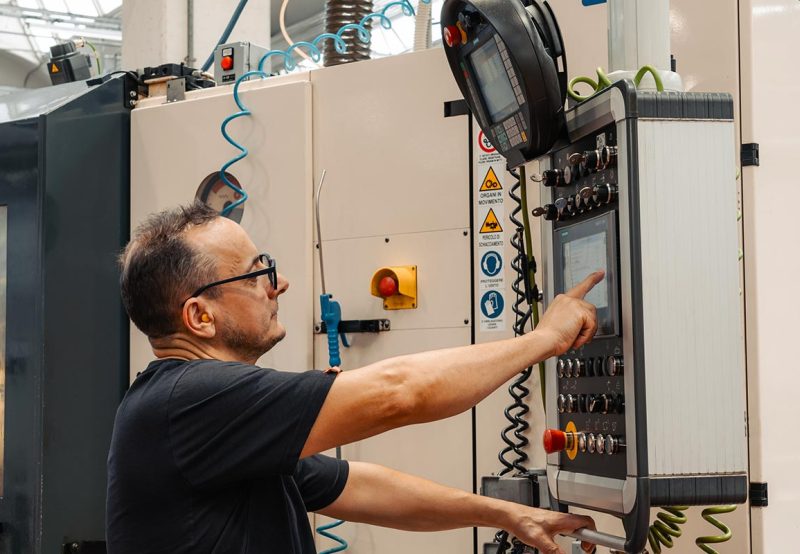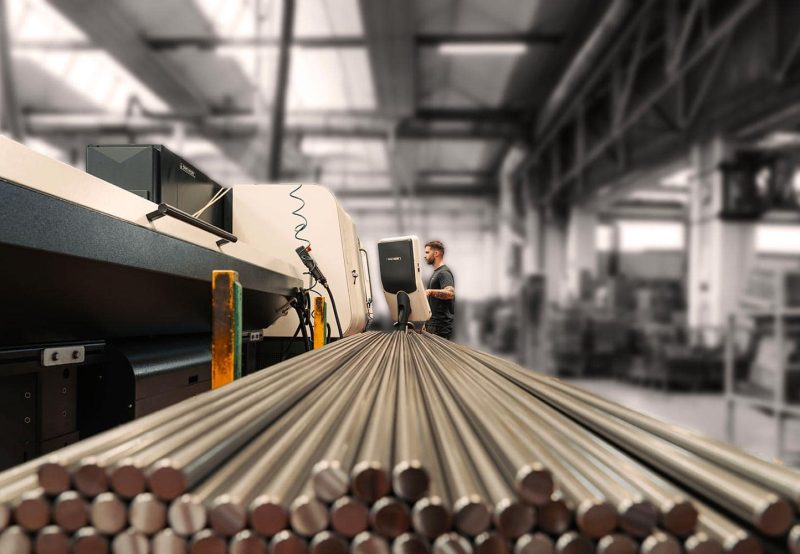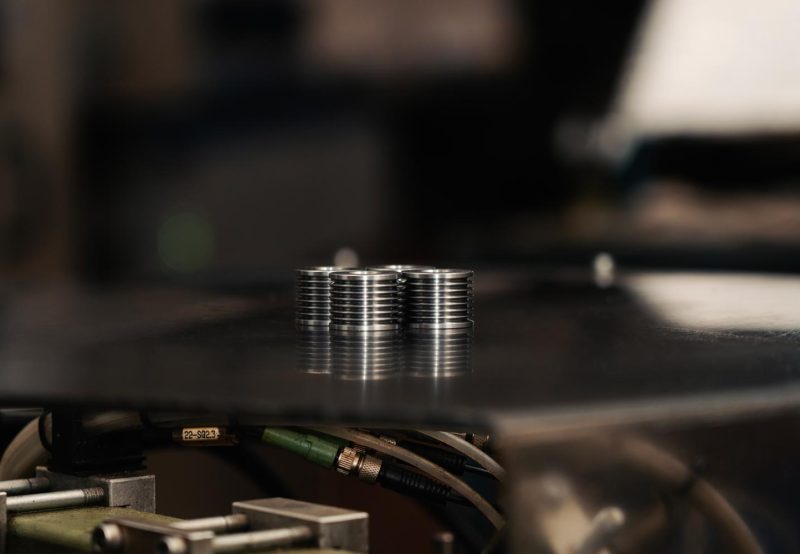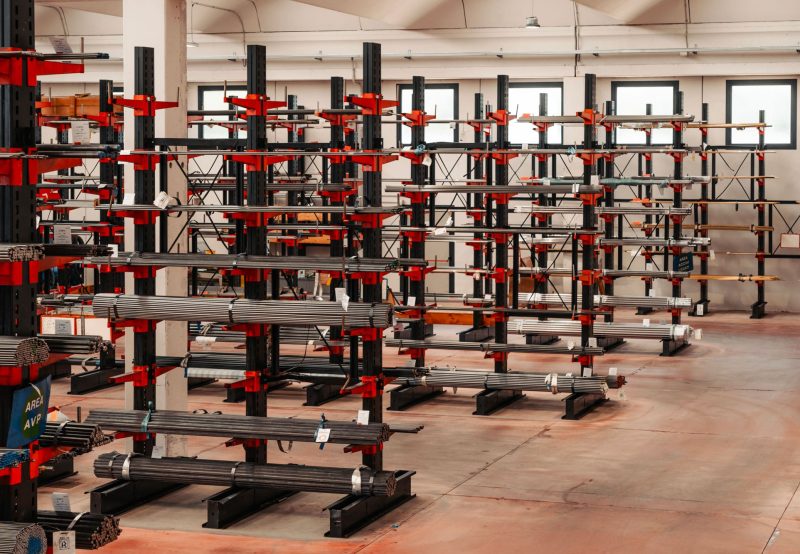The production of medical parts by precision automatic turning requires not only technical precision but also strict compliance with specific regulations and standards. How we ensure compliance and reliability for medical fasteners through advanced precision turning.
The Importance of Medical Components Regulations
In the medical industry, the quality of components is strictly regulated by international standards to ensure safety, performance and biocompatibility. Key standards include ISO 13485 (quality management systems for medical devices) and ISO 10993 (biological assessment of medical devices). For medical components produced with automatic turning techniques, compliance with these standards is not only a requirement: it is the foundation on which market confidence is built.
Medical components, such as screws for orthopaedic implants or surgical device components, must meet extremely tight dimensional tolerances and use safety compliant materials. Advanced CNC turning technologies allow for perfect repeatability, ensuring that every component meets the required standards.
Integration of a validated quality control system, combined with non-destructive testing (NDT) and metrological inspections is standard practice to ensure compliance at every stage of production.
Best Practices for Manufacturing Medical Components
Technical expertise and mastery of turning technologies are essential to meet the stringent requirements of the medical industry. The following practices are an integral part of our production process:
- Collaborative Design: We work closely with our clients to develop customized components that meet specific standards. This synergy helps optimize designs for production, significantly reducing lead times.
- Certified Materials: The use of special alloys, such as medical-grade stainless steel or titanium, is critical to ensuring biocompatibility and corrosion resistance—key properties for components used in critical environments.
- Complete Traceability: Every production batch is accompanied by detailed documentation, including material compliance certificates and inspection reports, in line with regulations such as the European Regulation 2017/745 (MDR).
Producing medical components requires a delicate balance between technological innovation and regulatory compliance. Partnering with an expert in automatic precision turning, who understands and adheres to current standards, is essential to ensure the production of high-quality, reliable, and safe components.
Visit us at our headquarters in San Vendemiano (TV) or contact us today for more information.

